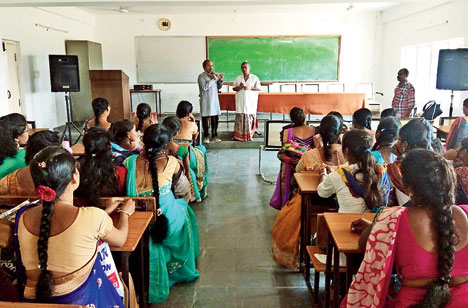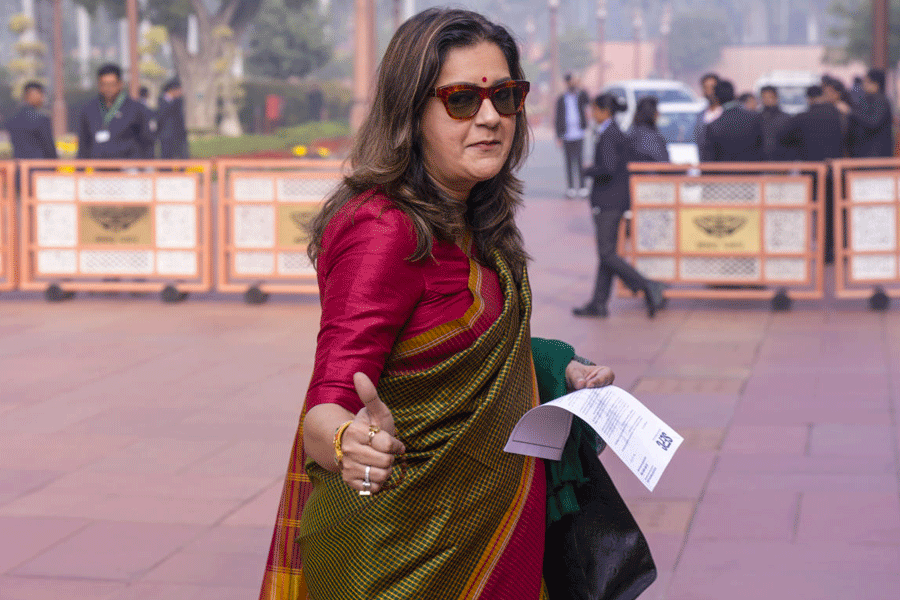
New Delhi: A Delhi High Court order has forced IIT Kharagpur to accept a whistleblower professor's resignation on his own terms so that his new employers can confirm his current job with all the benefits.
Rajeev Kumar has been teaching computer science at JNU since 2015 after taking lien from IIT Kharagpur, which had suspended him for a while after he helped unearth irregularities in its planned purchase of laptops for teachers.
To have his new job confirmed, he needed IIT Kharagpur to accept his resignation. In 2016, he requested the tech school to accept a "technical" resignation (one that would preserve his seniority and benefits in the new job) with retrospective effect from June 11, 2015, the day he had been relieved on lien.But the IIT only accepted his resignation prospectively with effect from June 2017, and only after a high court prod, triggering a fresh legal battle.
On July 11, Delhi High Court ruled: "It is directed that respondent No. 4 (IIT Kharagpur) shall issue a fresh order accepting the petitioner's (technical) resignation with effect from 11-06-2015 and communicate the same to JNU."
The tech school complied on Wednesday. Kumar hoped the latest ruling would put a stop to his "victimisation" by IIT Kharagpur, with which he has had a bitter relation for the past eight years.
The institute had been forced to scrap its plan for the laptops after Kumar alleged in 2011 that it was shelling out an excess Rs 28,000 for each M4500 laptop. It suspended him the same year for "misconduct".
Kumar challenged his suspension in Delhi High Court in 2012 and also approached the human resource development ministry for relief. In 2013, the ministry asked the IIT to revoke the suspension, which it did.
In 2014, the IIT's board of governors decided to force compulsory retirement on Kumar following a recommendation from an inquiry committee. But the computer science professor had already obtained a high court stay on any possible action against him. He had also sought then President Pranab Mukherjee's intervention.
Shortly before his term ended, Mukherjee set aside the board decision in 2017. By then, Kumar was at JNU and had already asked the IIT to accept his technical resignation. But the tech school kept stalling it. On August 9 last year, the high court advised the IIT to accept his resignation.
The institute told the court on August 16 that it had accepted the resignation with effect from June 2017, which meant JNU would not be able to confirm Kumar's service from 2015. After the court's latest order, the IIT's registrar, B.N. Singh, told this newspaper that Kumar had earlier agreed to his resignation being accepted with effect from June 2017. Kumar denied this.
"The court (in the latest order) requested IIT Kharagpur to consider accepting (his) plea but made Prof Rajeev Kumar finally personally liable for any financial burden on IIT Kharagpur for such an advancement (of the date of resignation)," Singh said.
What he meant was that Kumar would be liable to refund any excess benefits, such as any gratuity amount for him the institute may have forwarded to JNU for the period between June 2015 and June 2017.
"Given the peculiar circumstances of the matter and given that Prof Rajeev Kumar is liable for any financial burden, IIT Kharagpur had no further objection to advancement of the date to 2015," Singh said.
Kumar had earlier played a key role in bringing about changes to the IIT-Joint Entrance Examination.
A PIL he had moved in the Supreme Court in 2010 had forced the IITs to introduce several reforms, such as allowing the candidates to take back a carbon copy of their answer sheets.











